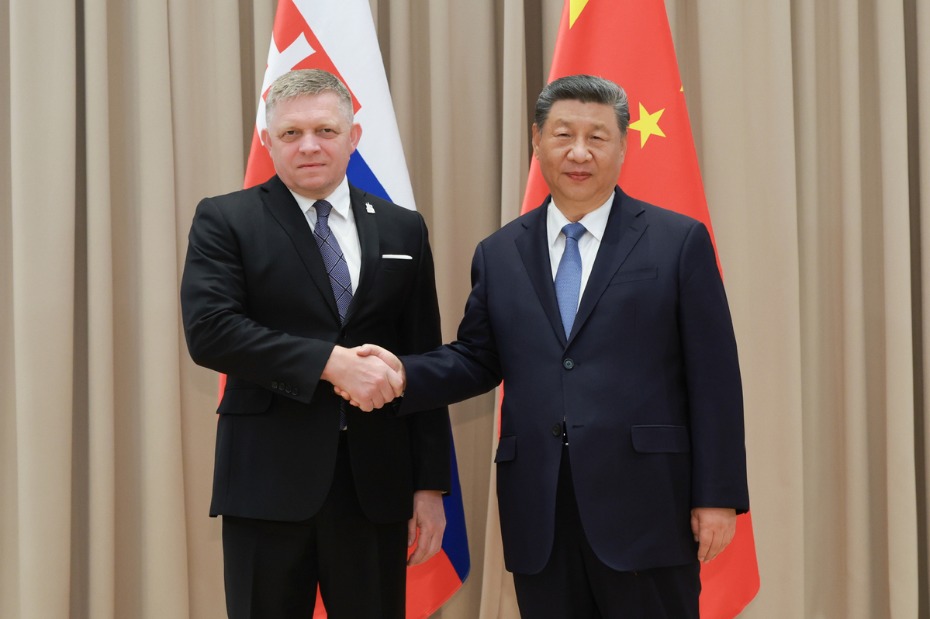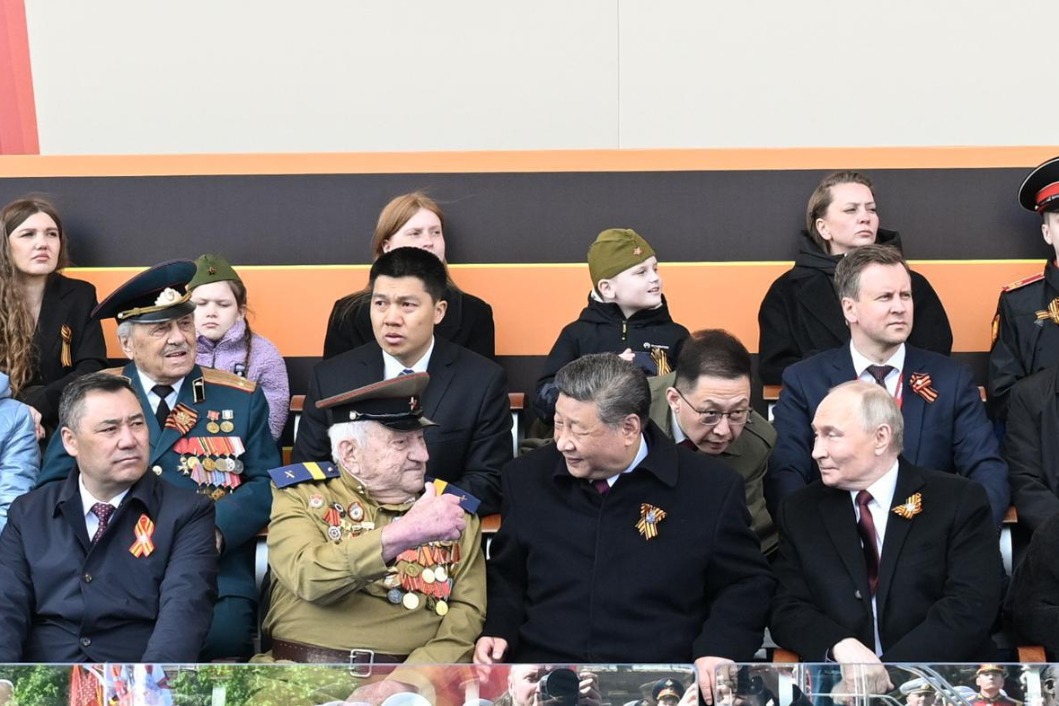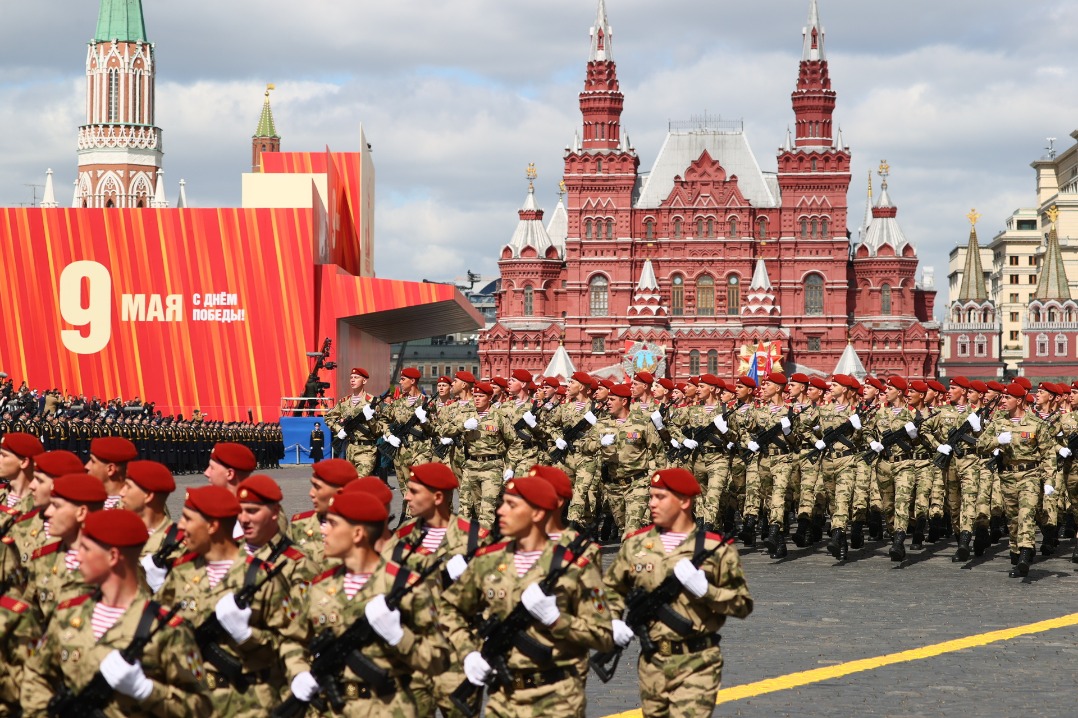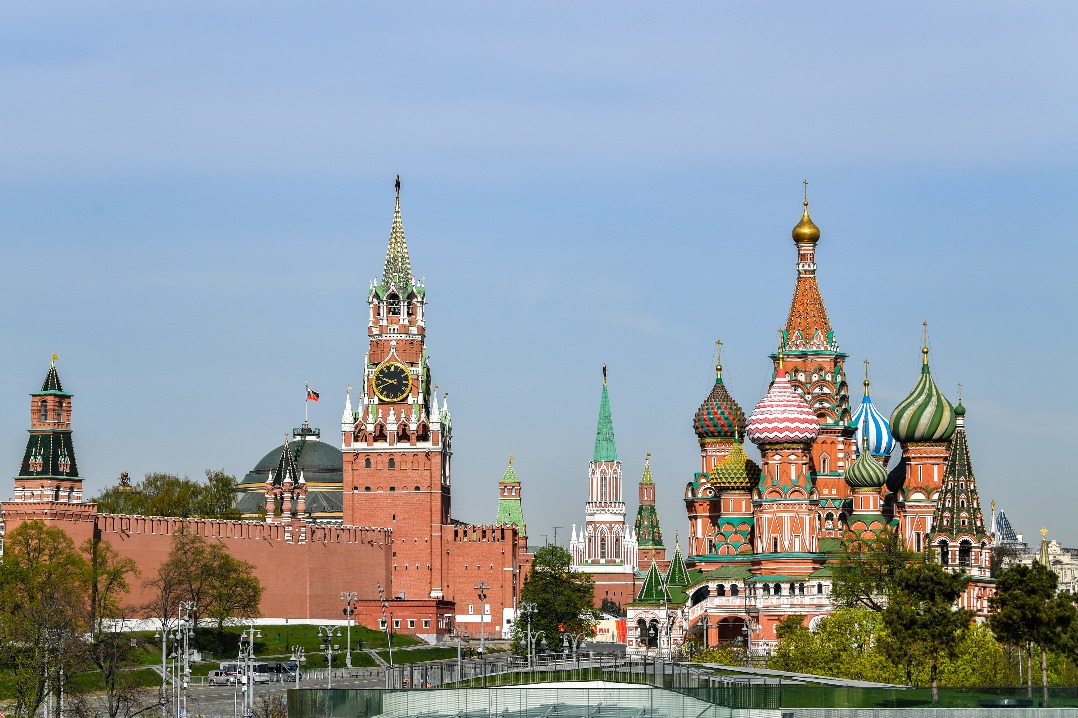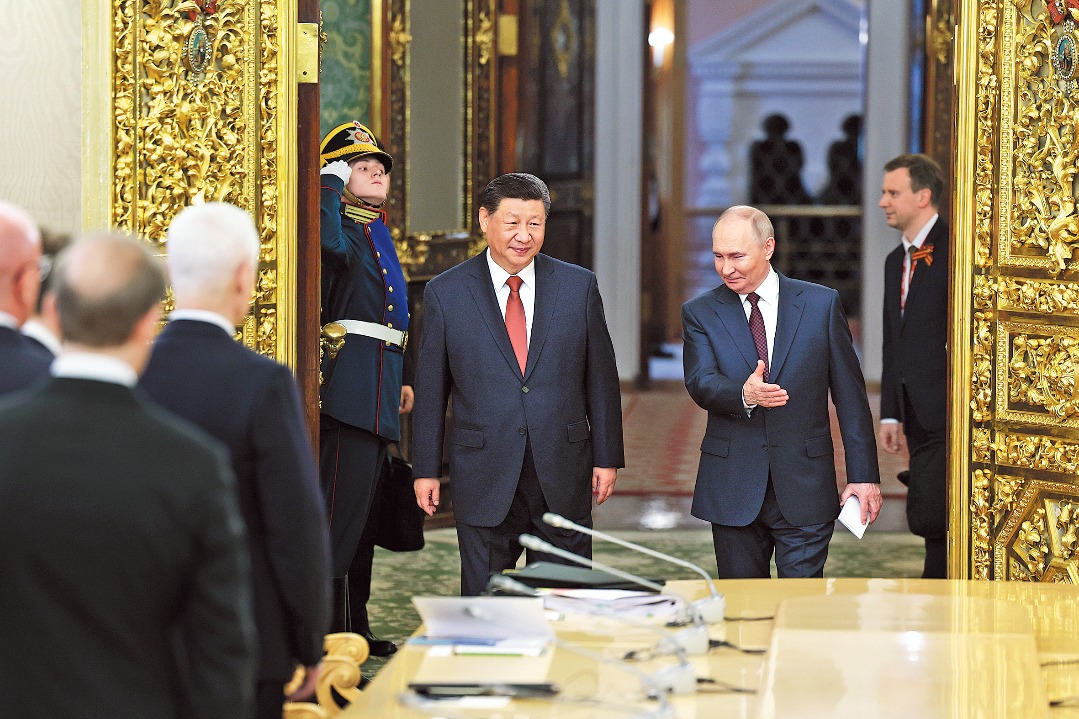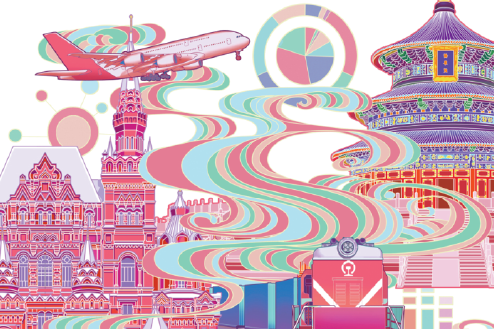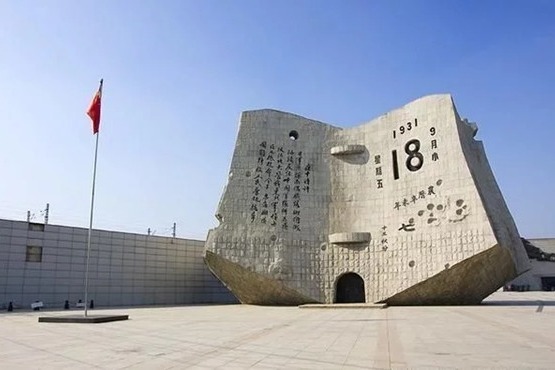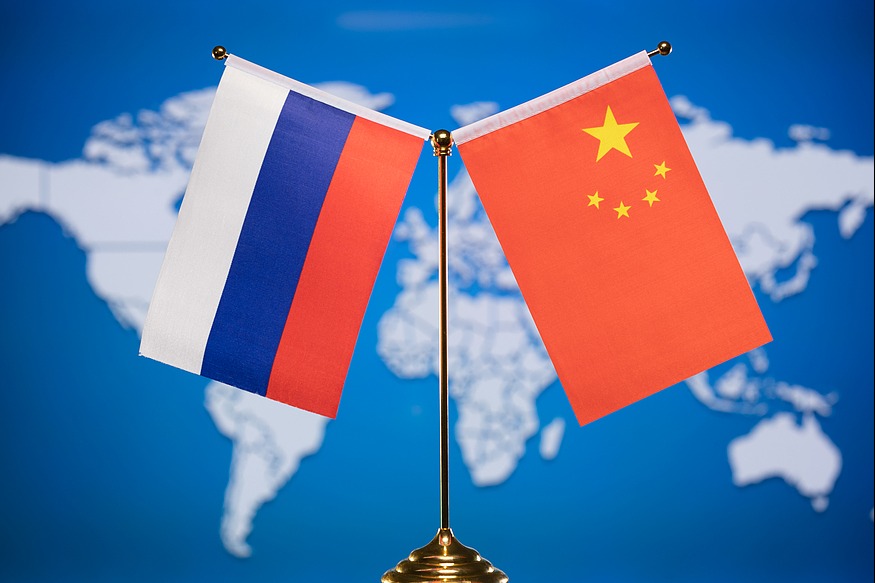China, India could co-lead Global South

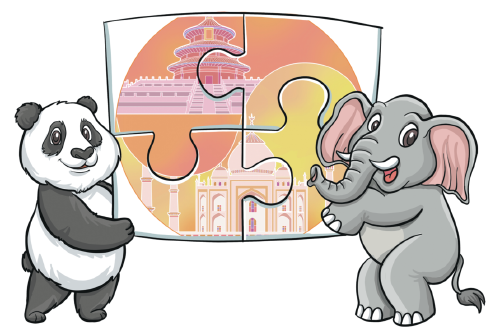
As we enter the fourth year of the third decade of the 21st century, we see our world at a peculiarly liminal point of change. The old order is fast receding, but the new order has not yet taken its place. The domination of the West, the United States in particular, is irreversibly on the decline. However, it is yet to be firmly replaced by a new world order resting on the four strong pillars of multipolarity, peace and cooperation, equitable and sustainable development, and democratic global governance.
Developing countries — collectively known by the rather imprecise term now in vogue, the Global South — are no doubt engaged in constructing these four pillars for the edifice of the new world order. But their efforts are beset with three problems.
First, they have not yet adopted a clear and consensual vision of what this edifice should look like and function. Second, there isn't sufficiently strong unity among them to undertake this task with zeal and determination. Indeed, differences and disputes among some of them have seriously hindered their united efforts. And third, and this is most important, the US and some other Western powers, fearful of losing their global hegemony, have hatched a plan to create and widen divisions among the Global South countries so that the latter are incapacitated to pursue a common goal.
Specifically, the Western powers are busy conspiring to exploit the differences between India and China and create a scenario that shows a struggle between the two large Asian neighbours for dominance in the Global South. This conspiracy must be defeated. Otherwise, it has the potential to decelerate, distort and even derail the process of the construction of a new and better world order.
For the success of this conspiracy, concerted efforts are being made to exaggerate the nature and extent of differences between India and China. A systematic campaign in the Indian media and academia is afoot to make the Indian people believe that China is their enemy and, therefore, India should join hands with the US to thwart the "Chinese threat". An identical message is being trumpeted by the US media and think tanks. Often there is a direct collaboration between the anti-China forces in India and the US to amplify this message.
Examples abound. Here are two. The Council on Foreign Relations, an influential US think tank, published an article in its journal Foreign Affairs last month by Happymon Jacob, an Indian academic, titled "How to thwart China's bid to lead the Global South". Its subtitle says: "America can use India as a bridge to the rest of the world". The article claims that "India and China are competing to shape the future of the Global South — and if Washington helps New Delhi achieve a bigger role among these states, it could weaken the appeal of a Chinese-led order."
It adds: "Friction between India and China extends beyond their shared border and the region to a much bigger arena. The growing rivalry includes a competition for influence and even leadership among the far-flung countries of the Global South."
This view is echoed by Michael Schuman, a non-resident senior fellow at the Atlantic Council, another reputed US think tank. "As Asia's other emerging power, India could act as a crucial counterweight to Chinese influence, both in the region and outside it," he writes in The Atlantic, adding, "In the coming confrontation with China, Washington needs all the friends it can find, however it may get them."
Their proposition that China is the real adversary of developing countries, and that an alliance between India and the West is the best guarantor for the protection of their interests, is laughable. It turns the whole concept of the Global South on its head by hiding the irrefutable fact that a small number of US-led Western powers (accounting for a mere 15 percent of the global population) have a disproportionate control over the affairs of the human race.
The moot question is how to foil this Western conspiracy. Undoubtedly, the biggest responsibility lies on the leaders of India and China, both rising powers. They must do three things.
To begin with, they should break the current deadlock in their bilateral dialogue, take effective steps to resolve their differences through non-military means, and enlarge the area of mutually beneficial cooperation based on equality and mutual respect. This will create enormous hope and confidence among countries of the Global South.
India and China should also convince the international community that they will never imitate the European powers of the last century to engage in ruinous rivalry and ignite the flames of the two horrific world wars. Instead, guided by the wisdom of their ancient civilizations, they should stick to the path of peace, partnership and trust-promoting cooperation.
Specifically, this means India and China must not seek "spheres of influence", indulge in "block politics" or "project hegemonic powers" in their neighbourhood and beyond. And instead of rivalry, they should set an example by co-leading the Global South, along with other members of a multipolar world, as exemplified by the recently expanded BRICS.
And last, and this is related to the second principle, India and China should treat all countries in the world — large or small, rich or poor — as their equals. Indeed, larger and richer countries have a greater responsibility to help poor and less-developed countries in their efforts to fulfil their peoples' aspirations for a dignified, happy and peaceful life.
This idea of a new world order is encapsulated in China's three strategic initiatives — the Global Development Initiative, the Global Security Initiative and the Global Civilization Initiative. It does not treat the West as an enemy of the Global South. Instead, it only seeks to radically reform the prevailing unjust, undemocratic and violence-inducing structures of global governance.
If Western countries choose to partner with India, China and other developing countries in this reform process on the principle of equality and equal responsibility, they are most welcome. In fact, the 21st century beckons all countries to try and obliterate the East versus West, and South versus North divisions, and bring all the peoples of the world together as one single harmonious family. This indeed is the true meaning of building a community with a shared future for mankind.
The author is an advocate of India-China-Pakistan cooperation for a New South Asia and was an aide to former Indian prime minister Atal Bihari Vajpayee.
The views don't necessarily reflect those of China Daily.
If you have a specific expertise, or would like to share your thought about our stories, then send us your writings at opinion@chinadaily.com.cn, and comment@chinadaily.com.cn.
















